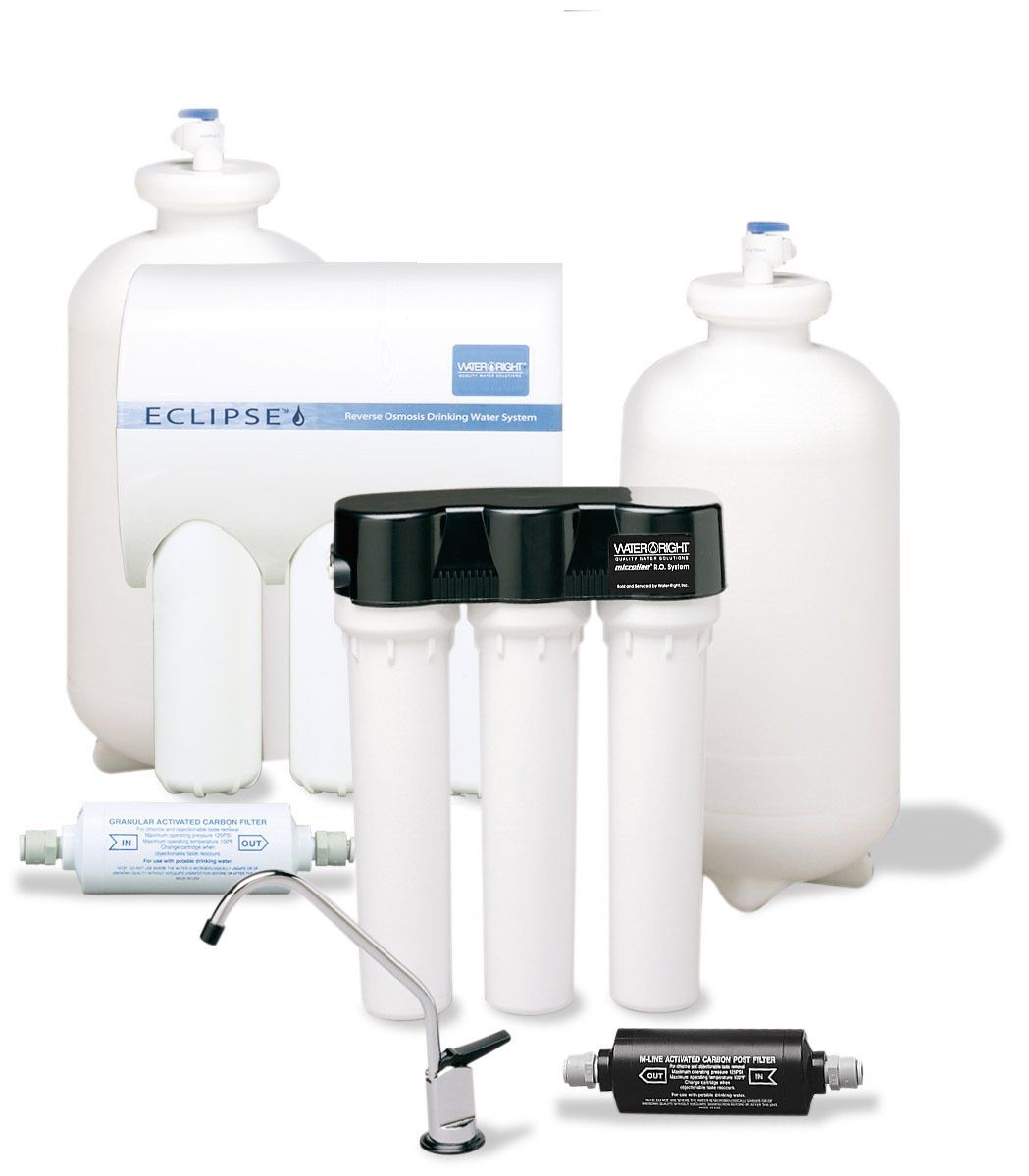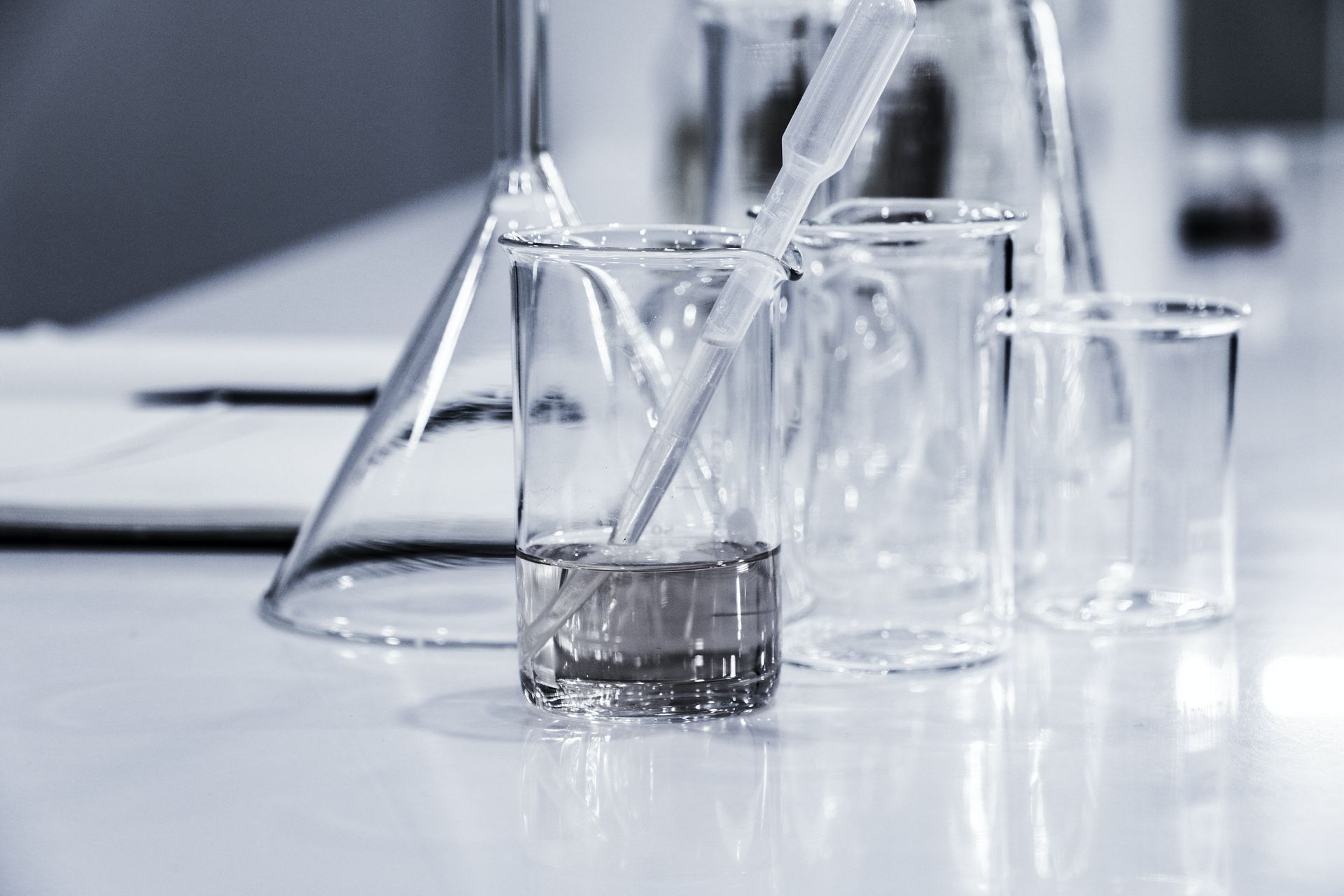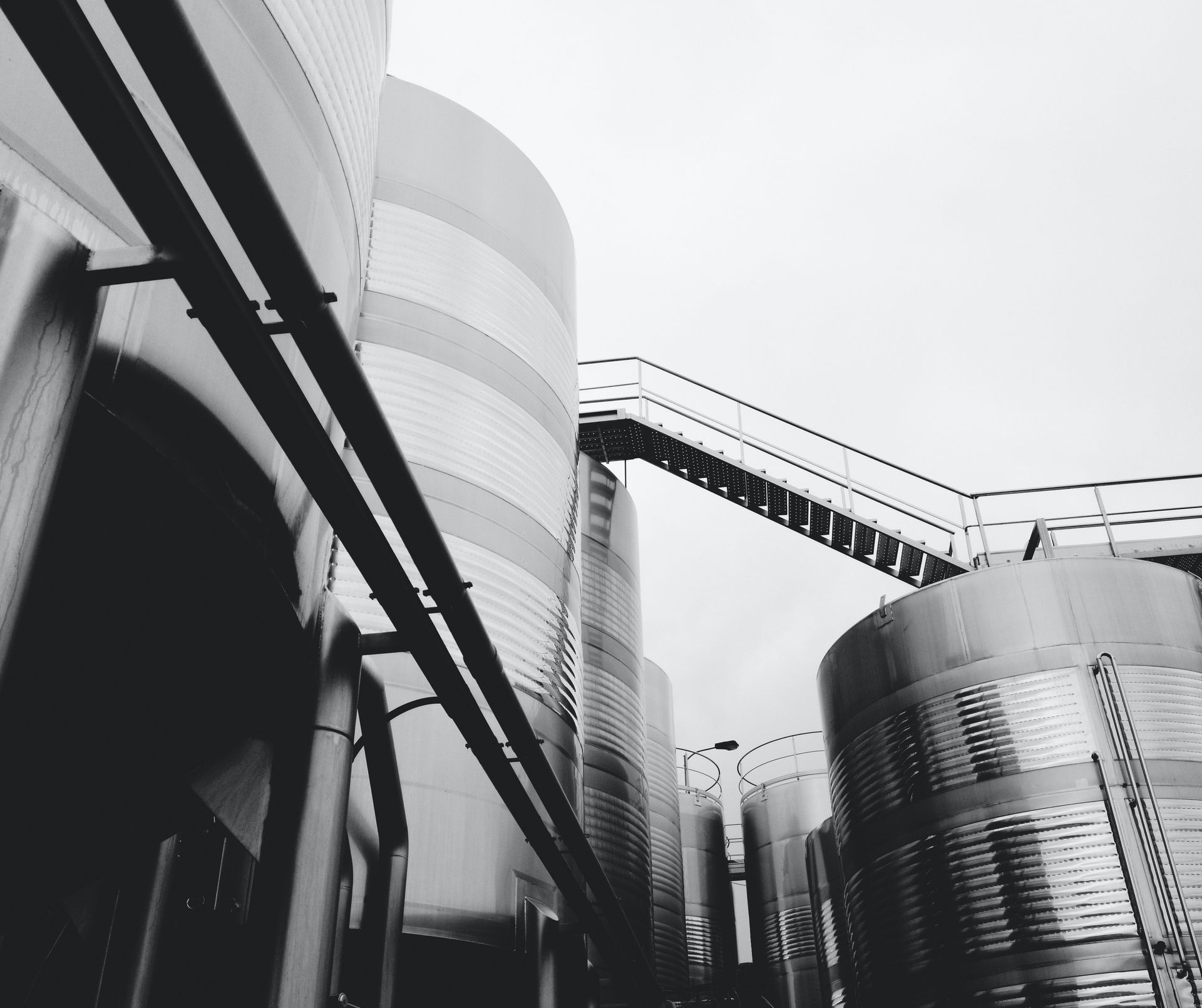Chemicals and Industrial Runoff
In both rural and urban environments, water quality can be significantly impacted by the intentional and unintentional introduction of man made chemicals
The Problems That Stem From Chemicals and Industrial Waste
The modern industrial world has and continues to produce a myriad of potential contaminants all across the world. Everything from farming, to mass production, to chemical plants all produce harmful byproducts. These things are generally regulated and are never intended to pollute local environments, but those regulations and intentions often fall short.
Unfortunately, we often don't know the extent or severity of damage these chemicals can cause until it's too late. The hazards and medical damage caused as a result of contamination are sometimes not even identified, let alone treated, until years after contamination has become significant.
There are an
incredible number of potential contaminants but some are more prevalent and abundant in our region than others.
Dangerous Chemicals:
Industrial/Agricultural Waste:
The Solution to Chemicals:
Carbon Filter and R.O.
Although Chlorination is also an effective form of disinfection, we generally recommend other methods, since over exposure to chlorine can become an issue of its own. For many of the issues listed above we'd recommend (both or either) a Reverse Osmosis and Carbon Filter.
These two systems effectively treat many different chemical contaminants separately and together they are incredibly effective. R.O. Systems are very effective on their own and are the most effective treatment for things like PFAS. On the other hand, Carbon Filters are the best solutions for other chemical agents including most pesticides.
To learn more about these systems, your existing water conditions, and other treatment methods, feel free to contact us today. Hurricane Home Solutions services a majority of NY state and PA.





